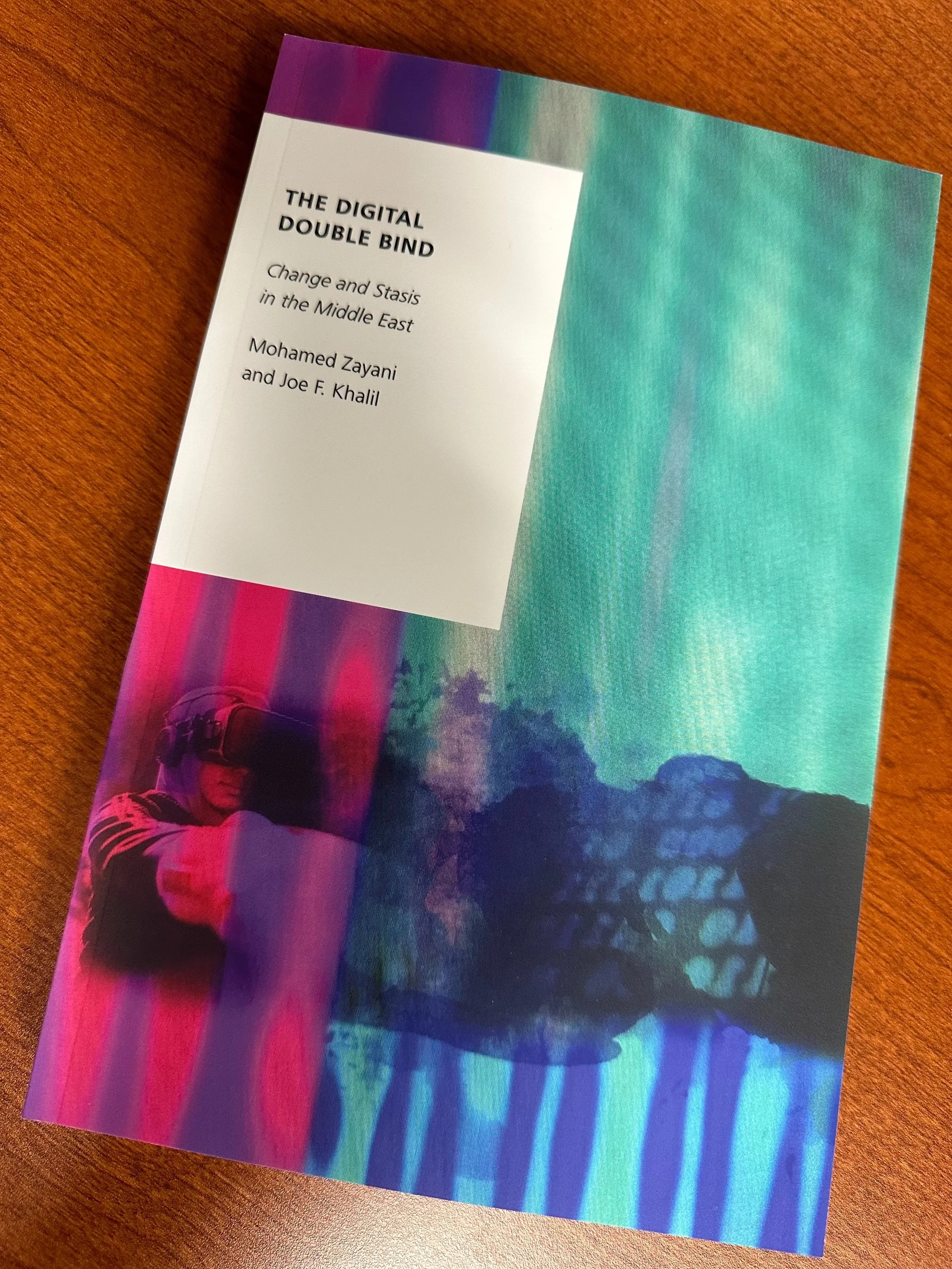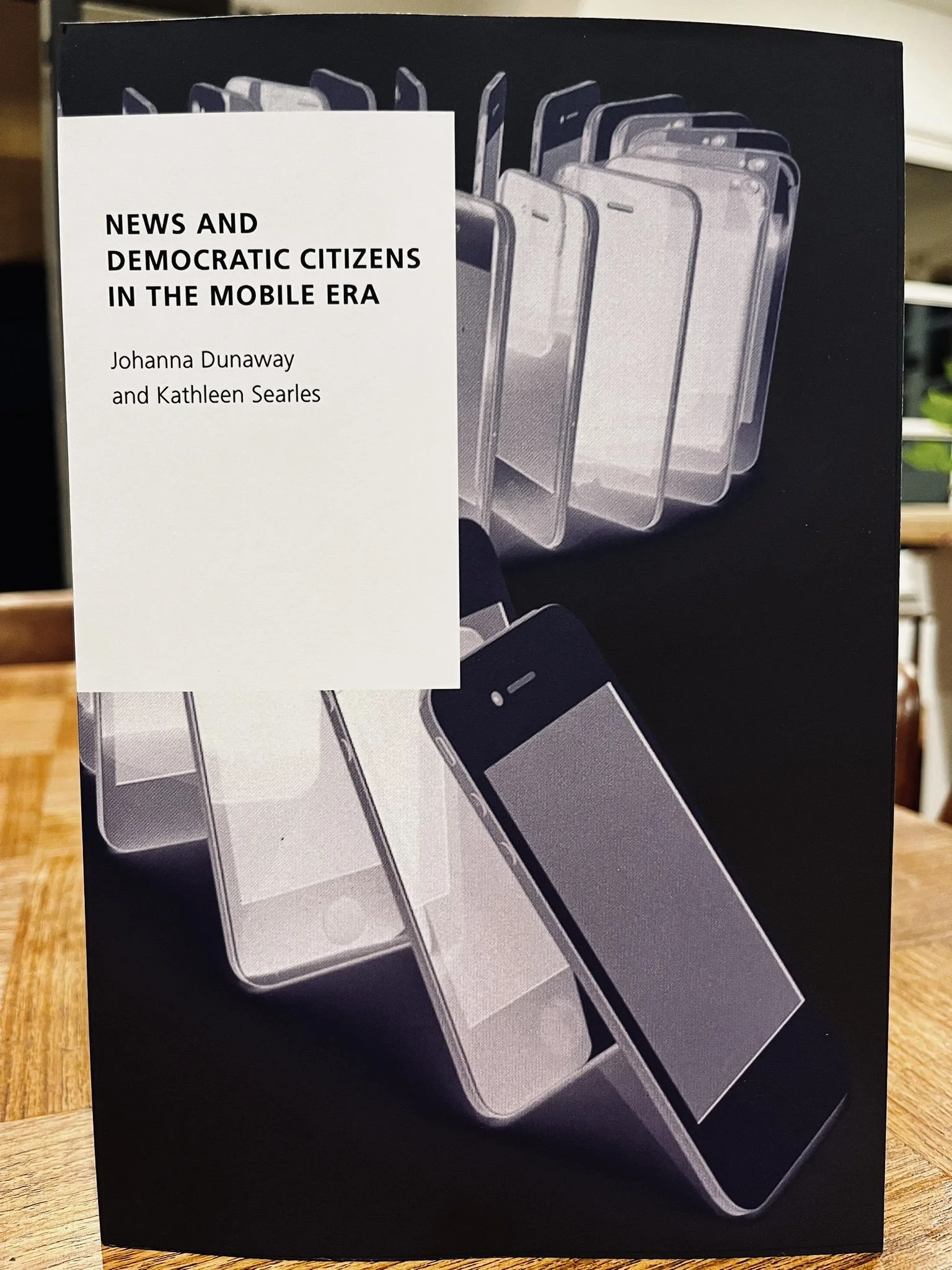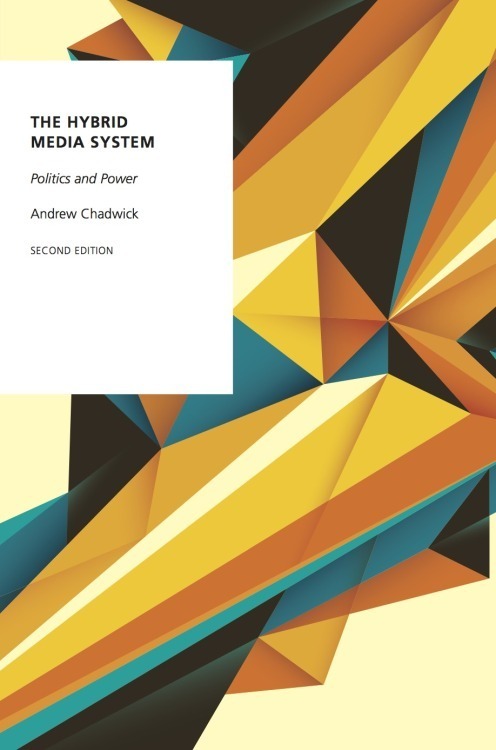The Everyday Misinformation Project team will be presenting its latest findings at the American Sociological Association (ASA) Media Sociology Symposium on August 4.
Our talk is entitled ‘“I Would Always be Careful About What I Receive”: Online Misinformation, Epistemic Norms, and Social Distinction,’ and is by Natalie-Anne Hall, Andrew Chadwick and Cristian Vaccari.
In this latest study from the project, based on a thematic analysis of longitudinal, in-depth interview data (N=182) we reveal some key epistemic norms governing the everyday consumption and sharing of information and the social distinctions these norms establish. In the qualitative phase of our fieldwork, many participants who said they did not frequently encounter misinformation through personal messaging were well aware of its existence, and willingly expressed views about those they believed were taken in by it. Deception was presented as a problem experienced by others who are more “naïve,” “biased,” or less “media literate” than themselves. These narratives reflect a keen awareness of the normative epistemic value placed on objectivity and media literacy in today’s societies. However, they simultaneously reveal that those making such social distinctions are less likely to value anti-misinformation interventions because they are deemed irrelevant to their individual everyday practices. This conflicts with the reality that addressing misinformation must inevitably be a collective and inclusive social endeavour.
The symposium will be held virtually, and our session will be at 10am PDT, which is 6pm BST. Registration details and the programme can be found here.






















